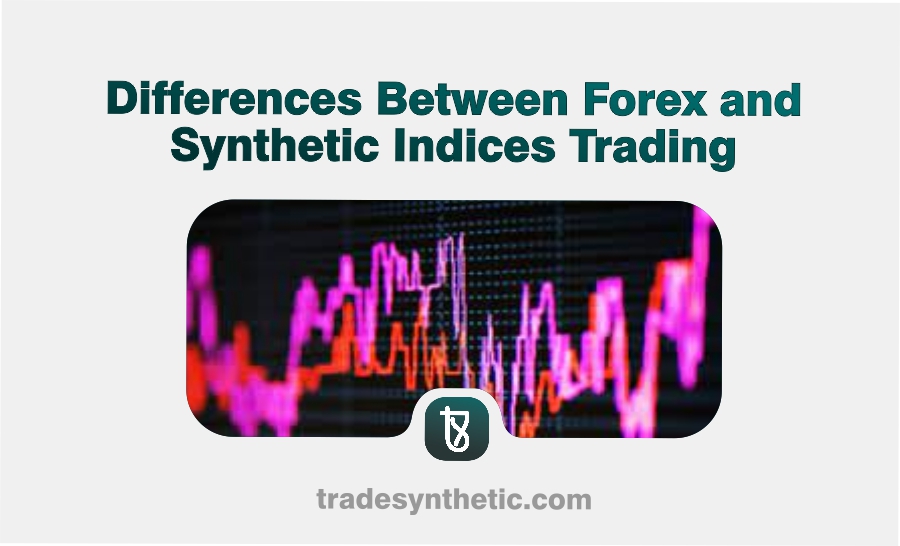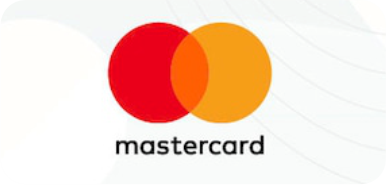When it comes to online trading, many traders compare forex trading and synthetic indices trading to determine which one suits their strategy and goals. Both markets offer opportunities to profit from price fluctuations, but they operate differently. Understanding these differences can help you make better trading decisions.
This guide will explain the key differences between forex and synthetic indices trading, helping you understand their unique features, risks, and profit potential
Forex trading involves buying and selling currencies in the global market, influenced by economic news, interest rates, and political events. Synthetic indices trading, on the other hand, involves computer-generated markets that mimic real price movements but are free from external economic factors.
What is Forex Trading?
Forex trading, also known as foreign exchange trading, is the global marketplace where currencies are bought and sold. It is the largest and most liquid financial market in the world, with daily transactions exceeding $7.5 trillion (BIS, 2022).
Features of Forex Trading
- Currency Pairs: Forex is traded in pairs, such as EUR/USD, GBP/USD, and USD/JPY. Each trade involves buying one currency while selling another.
- 24/5 Market: The forex market operates 24 hours a day, five days a week, across major financial centers like London, New York, and Tokyo.
- Market Influences: Currency prices are affected by economic data, central bank policies, geopolitical events, and inflation rates.
- Leverage & Margin: Forex brokers offer high leverage, allowing traders to control large positions with small capital. However, leverage also increases risk.
Pros of Forex Trading
- Highly liquid market with tight spreads
- Wide range of trading instruments (major, minor, and exotic pairs)
- Opportunity to trade based on fundamental and technical analysis
Cons of Forex Trading
- Affected by global economic events and political instability
- Requires knowledge of macroeconomic factors
- High volatility can lead to sudden losses
What is Synthetic Indices Trading?
Synthetic indices are computer-generated markets that simulate real-world trading conditions using complex algorithms. Unlike forex, these indices are not affected by economic news, interest rates, or geopolitical events. Instead, they follow predefined volatility patterns, making them more predictable.
Features of Synthetic Indices
- Available 24/7: Unlike forex, synthetic indices can be traded anytime, including weekends.
- Independent of External Factors: No impact from economic reports, central bank decisions, or political crises.
- Volatility-Based Instruments: Traders can choose from different volatility levels, such as Volatility 10 Index, Volatility 75 Index, and Crash & Boom indices.
- Fixed Probability and Fair Algorithms: These markets are audited to ensure fairness, making them transparent and reliable.
Pros of Synthetic Indices Trading
- No economic or political influences
- Available 24/7, including weekends
- Predictable volatility patterns
Cons of Synthetic Indices Trading
- Limited to a few brokers, such as Deriv
- Requires a solid understanding of algorithmic market behavior
- Can be highly volatile, leading to rapid gains or losses
Differences Between Forex and Synthetic Indices
| Feature | Forex Trading | Synthetic Indices Trading |
| Market Type | Real currency market | Simulated market (algorithm-based) |
| Trading Hours | 24/5 | 24/7 |
| Influencing Factors | Economic news, interest rates, political events | Predefined volatility, algorithmic price movements |
| Liquidity | Highly liquid (trillions traded daily) | Moderate liquidity |
| Volatility | Varies with market events | Fixed and predictable volatility levels |
| Risk Factors | Impacted by global economic changes | Algorithm-driven, unaffected by real-world events |
| Availability | Offered by most brokers | Limited to a few brokers like Deriv |
Which One is Better for You?
Choose Forex Trading If:
- You want to trade based on real-world events and economic trends
- You prefer highly liquid markets with tighter spreads
- You want access to a wide range of trading instruments
Choose Synthetic Indices Trading If:
- You want a market that operates 24/7, including weekends
- You prefer a market with predictable volatility patterns
- You don’t want to worry about economic news affecting your trades
Risk Management in Forex vs Synthetic Indices
Both forex and synthetic indices trading come with risks. Managing these risks properly is crucial for long-term success.
Forex Trading Risk Management Tips
- Use stop-loss and take-profit orders to limit losses
- Avoid over-leveraging; start with smaller position sizes
- Follow global economic news and adjust strategies accordingly
Synthetic Indices Trading Risk Management Tips
- Understand volatility levels before choosing an index
- Trade with a demo account before using real money
- Avoid emotional trading; stick to a solid strategy
Conclusion
Both forex and synthetic indices trading offer unique opportunities, but they cater to different types of traders. Forex trading is best for those who want to trade real-world currencies influenced by economic events, while synthetic indices trading is ideal for traders looking for a market that operates 24/7 with controlled volatility.
If you prefer a highly liquid, globally recognized market, forex trading is the way to go. But if you want a predictable, algorithm-driven market that is not affected by external factors, then synthetic indices trading might be a better fit.
The choice depends on your trading style, risk tolerance, and market preference. No matter which market you choose, always apply proper risk management to protect your capital.
Frequently Asked Questions (FAQs)
Is synthetic indices trading safer than forex trading?
- Both markets have risks. Forex trading is affected by real-world events, while synthetic indices trading follows predefined volatility patterns. Your risk depends on your strategy and risk management.
Which market is more profitable?
- Profitability depends on the trader’s skill, strategy, and market conditions. Some traders succeed in forex due to its high liquidity, while others prefer synthetic indices for their predictable price movements.
Can I trade both forex and synthetic indices?
- Yes, some brokers like Deriv offer both forex and synthetic indices, allowing traders to diversify their portfolios.
Why do synthetic indices move differently from forex?
- Synthetic indices are algorithm-generated and follow fixed volatility patterns, while forex is influenced by global economic and political factors.
Are synthetic indices manipulated?
- No, reputable brokers like Deriv ensure that synthetic indices operate based on transparent and fair algorithms audited for randomness.
What is the best platform for trading synthetic indices?
- The best platform for synthetic indices trading is Deriv, as it specializes in these instruments.
Do forex brokers offer synthetic indices?
- Not all forex brokers offer synthetic indices. Only specialized brokers like Deriv provide access to these instruments.










